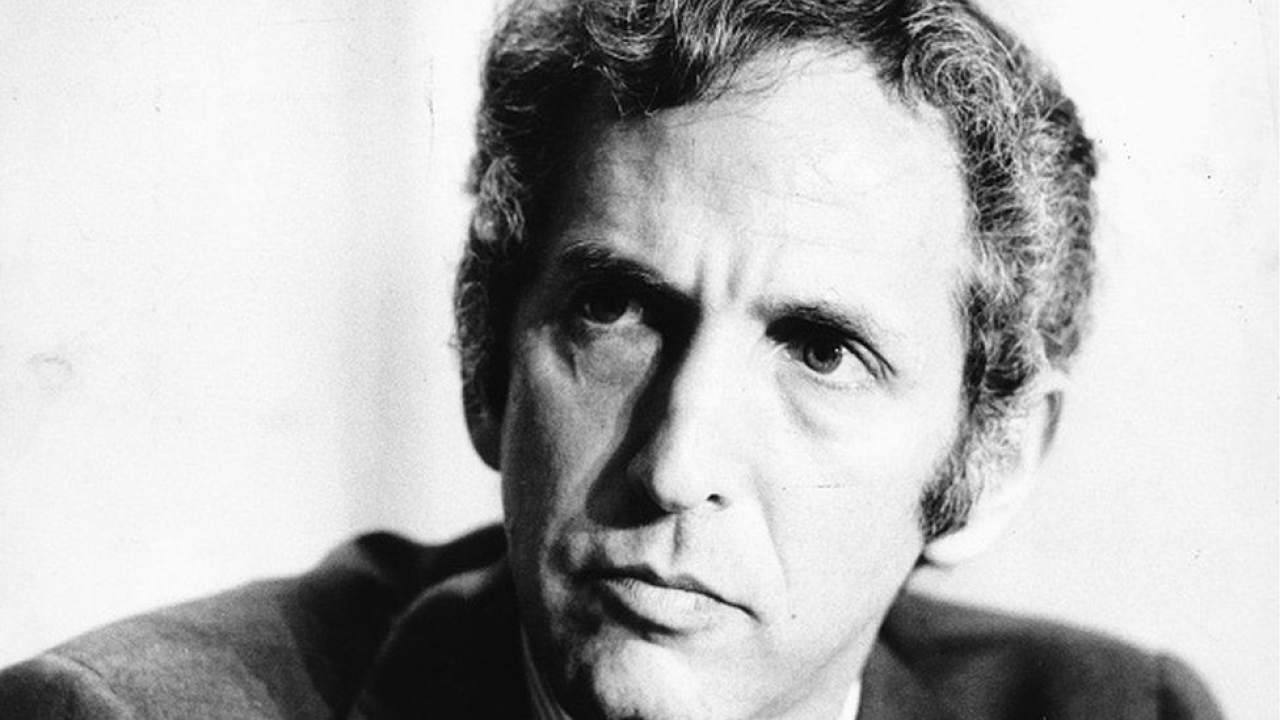Who is Daniel Ellsberg?
The release of the classified “Pentagon Papers” in 1971 had far-reaching consequences, and one man played a pivotal role in exposing the doubts and deceptions surrounding the Vietnam War. Daniel Ellsberg, who recently passed away from pancreatic cancer, became a symbol of whistleblowing, press freedom, and government accountability.
Daniel Ellsberg: A Whistleblower and Anti-War Activist
Daniel Ellsberg, a former US military analyst, leaked the Pentagon Papers in 1971. By disclosing classified documents, he exposed the truth about the Vietnam War, revealing that successive US governments had lied about the extent of the US involvement and the unlikelihood of winning the battle. Ellsberg’s actions demonstrated his commitment to truth-telling and opposition to the war, making him a prominent figure in the anti-war movement.
The New York Times and the Publication of the Pentagon Papers
Daniel Ellsberg approached The New York Times to leak the Pentagon Papers. Initially, Ellsberg hoped to work within the system by giving partial copies to Senator J. William Fulbright and other members of Congress. However, when no significant change occurred, he turned to Neil Sheehan, a veteran reporter at The New York Times. After some initial reluctance, Ellsberg allowed Sheehan access to the documents.
New York Times Co. v. United States
The publication of the Pentagon Papers by The New York Times led to a legal battle that reached the Supreme Court. In the landmark case known as New York Times Co. v. United States, the Court ruled in favor of press freedom. It declared that unless a national emergency was present, the press should not be subject to pre-publication censorship. This decision set an important precedent for the protection of the First Amendment rights of the press.
Government Misconduct and the Watergate Connection
During Daniel Ellsberg’s trial, evidence of government misconduct emerged. It was discovered that members of the White House’s “plumber” unit, G. Gordon Liddy and E. Howard Hunt, had broken into Ellsberg’s former psychiatrist’s office in an attempt to find incriminating information. Additionally, illegal wiretapping and attempted bribery of the judge were revealed. This government misconduct further undermined the case against Ellsberg and his colleague.
Watergate and Richard Nixon’s Resignation
The Watergate scandal, which ultimately led to the resignation of President Richard Nixon, had connections to Daniel Ellsberg. The individuals involved in the break-in at Ellsberg’s former psychiatrist’s office, G. Gordon Liddy and E. Howard Hunt, were also implicated in the Watergate burglary. The revelations during Ellsberg’s trial shed light on the lengths to which the Nixon administration went to undermine their opponents.
Month: Current Affairs - June, 2023
Category: Awards, Honours & Persons in News


